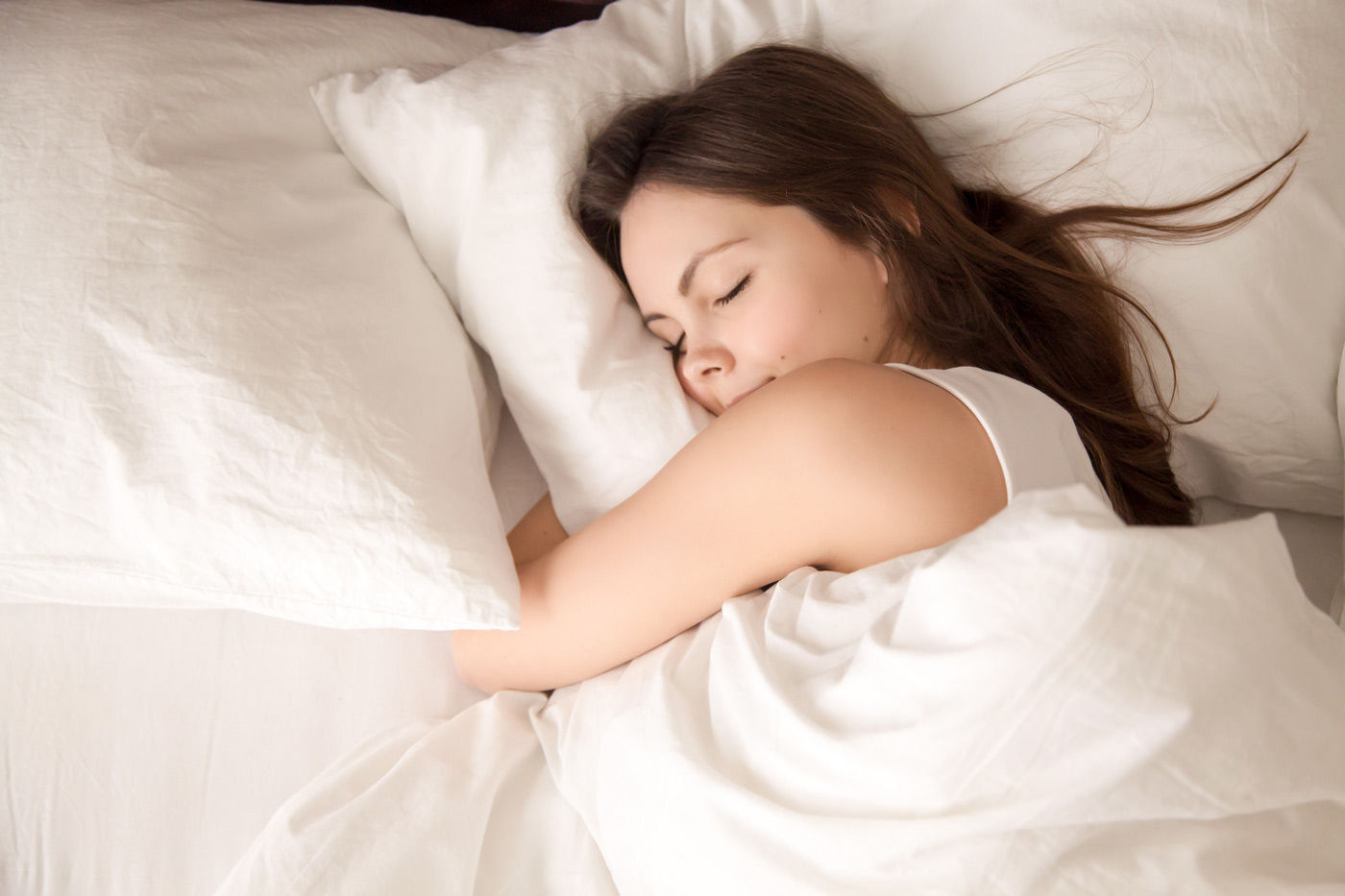Based on placebo-controlled studies, these four supplements may improve sleep.
A nootropic is a substance that, if used properly, safely enhances the cognitive functions of the user.
As public interest in cognitive enhancers escalates, the demand for high-quality evidence on the safety and efficacy of nootropics seems to outgrow the supply of that information. Although new placebo-controlled studies are published frequently, they can be hard to read and misrepresentative of the entire body of knowledge the scientific community has provided on the effects of nootropics. These are some of the reasons why we systematically went through 527 placebo-controlled studies on the effects of 127 nootropics and put together a list with the four most science-backed ones for improving sleep. If a nootropic was not included in this list, it doesn’t necessarily mean it’s ineffective for improving sleep. It likely means there is less research on the effects of that compound in healthy humans than there’s for each nootropic that made it on to the list.
Out of the 527 studies, five included measures of sleep. A total of 422 participants had their sleep tested, and four nootropics were assessed for safety and efficacy for improving sleep. Based on this body of evidence, these are the four most science-backed nootropics for improving sleep in healthy humans:
- Ashwagandha
- Tulsi
- Turmeric
- Lion's Mane
Ashwagandha
In the 1 study we reviewed which examined the effects of Ashwagandha on measures of sleep, 58 participants were included.
The study found a large positive effect on sleep from the use of Ashwagandha.
The evidence we reviewed also suggests that Ashwagandha can improve:
- Mood (small effect)
- Nervousness (small effect)
- Memory (minute effect)
- Physical performance (small effect)
- Focus (small effect)
- Energy (small effect)
- Sociality (small effect)
- Stress (moderate effect)
- Mindfulness (small effect)
Risks
Side effects
Less than 10% experience:
- Joint pain
- Abdominal pain
- Muscle pain
Legality
Ashwagandha is legal to buy, possess, and use in the United States, the United Kingdom, Sweden, Canada, and Australia.
Conclusion
Preliminary evidence suggests Ashwagandha has a large positive impact on sleep. Moreover, Ashwagandha is generally safe and legal.
Tulsi
In the 1 study we reviewed which examined the effects of Tulsi on measures of sleep, 150 participants were included.
The study found a minute positive effect on sleep from the use of Tulsi.
The evidence we reviewed also suggests that Tulsi can improve:
- Nervousness (minute effect)
- Memory (small effect)
- Physical performance (minute effect)
- Focus (small effect)
- Energy (small effect)
- Sociality (minute effect)
- Stress (minute effect)
- Intelligence (small effect)
- Learning (small effect)
Risks
Side effects
No negative side effects were seen in the study we reviewed.
Legality
Tulsi is legal to buy, possess, and use in the United States, the United Kingdom, Sweden, Canada, and Australia.
Conclusion
Preliminary evidence suggests Tulsi has a minute positive impact on sleep. Moreover, Tulsi is generally safe and legal.
Turmeric
In the one study we reviewed, which examined the effects of Turmeric on measures of sleep, 80 participants were included.
The study found a minute positive effect on sleep from the use of Turmeric.
The evidence we reviewed also suggests that Turmeric can improve:
- Mood (minute effect)
- Nervousness (small effect)
- Memory (small effect)
- Physical performance (small effect)
Legality
Turmeric is legal to buy, possess, and use in the United States, the United Kingdom, Sweden, Canada, and Australia.
Conclusion
Preliminary evidence suggests Turmeric has a minute positive impact on sleep. Moreover, Turmeric is generally safe and legal.
Lion’s Mane
In the one study we reviewed that examined the effects of Lion’s Mane on measures of sleep, 14 participants were included.
This study found a minute positive effect on sleep from the use of Lion’s Mane.
The evidence we reviewed also suggests that Lion’s Mane can improve:
- Mood (minute effect)
Risks
Side effects
No negative side effects were seen in the study we reviewed.
Legality
Lion’s Mane is legal to buy, possess, and use in the United States and Canada.
Conclusion
Preliminary evidence suggests Lion’s Mane has a minute positive impact on sleep. Moreover, Lion’s Mane is generally safe and legal.
How to Use
It is probably safer and more effective to use nootropics as they have been used in studies on humans. In the study we reviewed, Lion’s Mane was used in the following ways 2000 mg dosages daily for four weeks.
If you have the right mindset to nootropic use (awareness of risks and how to avoid them), you’re in a great position to benefit from cognitive enhancers.
There’s a need for more research on each of the nootropics in this list. Specifically, there’s a great degree of individual variance in how people respond to nootropics. This means that if you use a nootropic that there was a small effect from in a study with dozens of participants, you may get no effect or a large effect. Currently, while we wait for science to elucidate who is likely to respond to which nootropics, patient self-experimentation is the best method for nootropic use success.
- Source: Psychology Today


Share:
Increase Vitamin D Intake Can Decrease Symptoms of Depression, Anxiety
Can Spermidine Replace the Anti-Aging Benefits of Exercise?